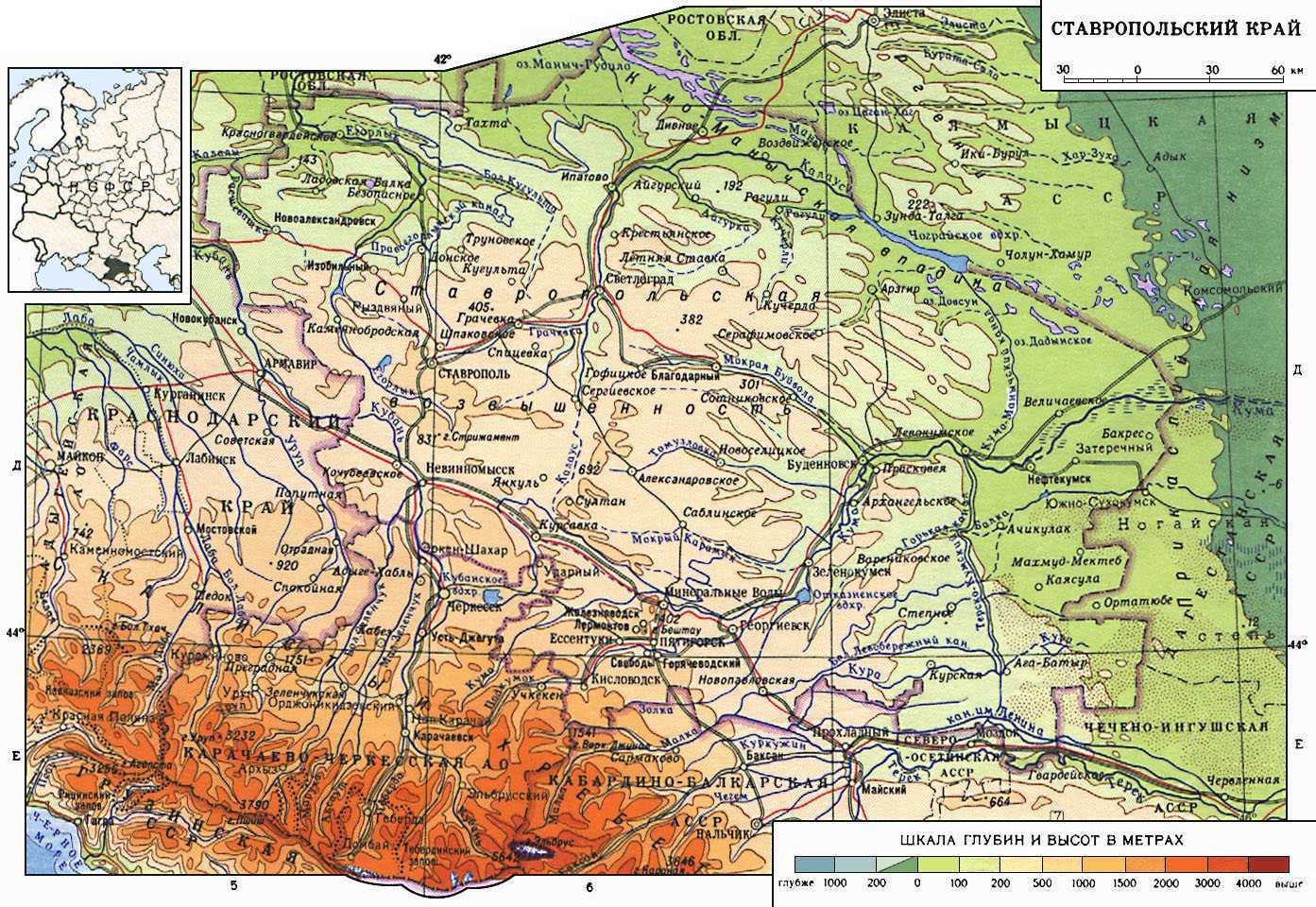If I dare to interpret the two examples that you brought up (in reality, there are more such examples, such as the Baltic states), they all demonstrated what I have said.Ok, Well there was the Ukrainian desire for independence, and the widespread anger with Stalins genocide by famine a few years earlier which could have made them willing collaborators of the invading Germans.In fact the 14th SS Wafen Grenadier Division contained a high percentage of Ukrainians. It was the harsh treatment of the Ukrainians by the Germans ( a lot were deported for slave labor) that lost them the initial support.
Although their population was too small be of any significance, the same could be said of the Crimean Tartars.
In the same way as the purge, the collaborators and the cause of them weakened USSR, but because of their insignificant numbers (even in Ukraine with a large population, the collaborators are mostly from the west, the east identified themselves more as Russian), they didn't make a meaningful unti-faction within USSR. Their effect is similar to the unti-Hitler Wehrmacht officers, just a bit bigger in numbers.
One example is that Khrushchev, an Ukrainian was crucial in maintaining the USSR control on Ukraine and latter succeeded Stalin (a Georgian some of whose ethnical brothers also collaborated with Germany).
The core of the issue is that within USSR there was no organized and unified political/ethnical faction that wanted a German win except some unorganized people who assisted Germany out of their resentment to USSR (some of their grievance are surely justified). However, without a clear vision those collaboration with the Nazi simply won't make any difference.

